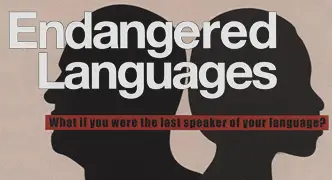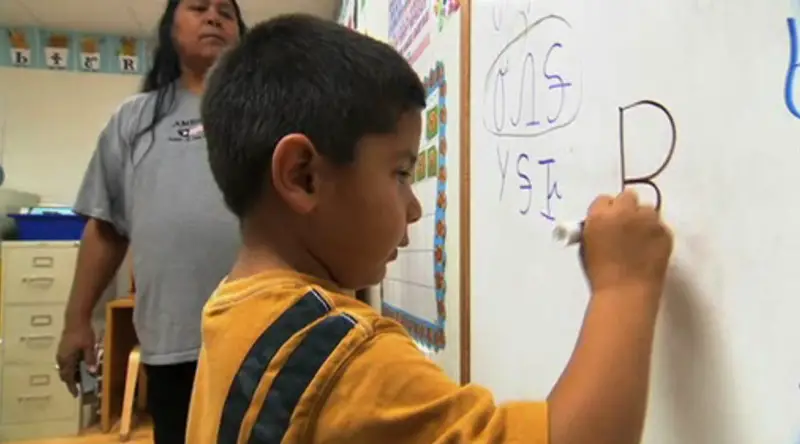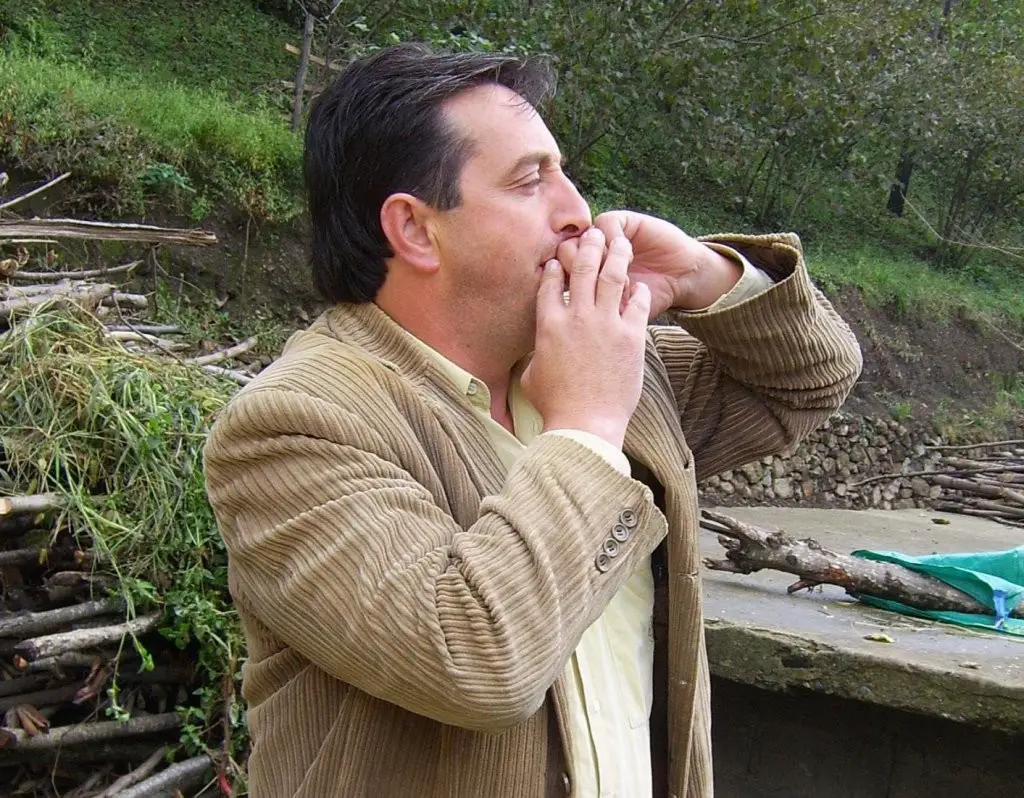There are currently 7,000 languages spoken in the world today. It has been predicted that half of these languages will disappear by the end of this century. Right now, one language dies every 14 days. Over 80% of the languages in the US and 90% of the languages in Siberia are endangered. Less than 10% of languages are considered to be safe from endangerment.
There are different degrees of language endangerment. A safe language is one which is spoken by different age groups. The transmission of the language from one generation to the other is uninterrupted. A stable yet threatened language is one which is spoken by all generations of people and the transmission of language from one generation to the next is okay. However, speakers of the language are multilingual and one or more languages may be dominantly used in different contexts. A vulnerable language is one which is spoken by most children and community members as their first language, mostly at home. The language is not frequently used in public contexts. A language that is definitely endangered is one that is no longer being taught to children as a first language and is rarely taught or spoken even at home. A severely endangered language is one which is mainly spoken by the older generation of the community. It is understood by the parental generation but they may not be able to speak it fluently and they are not willing to teach the language to their children. A critically endangered language is one that is only spoken by the oldest members of the community, and they may not even be able to speak it well at that, or have someone else to converse with in the language. A language becomes extinct when no one no longer speaks it.
The impact of language loss is greatly felt within communities. The loss of a language harms the cultural diversity that exists in the world, leads to loss of identity and weakened social and cultural values. That is why some linguists strive to protect endangered languages. Other linguists argue that language loss is a natural process which should not be counteracted, and that it is sufficient to document the language for future generations.



